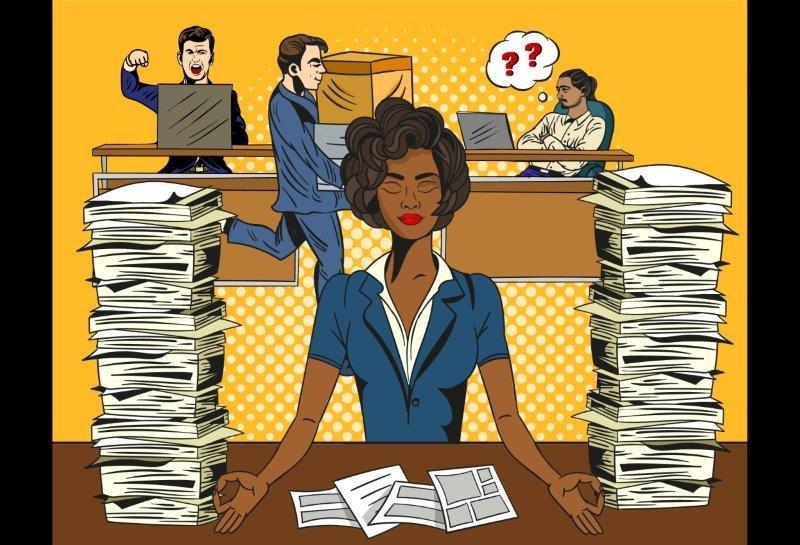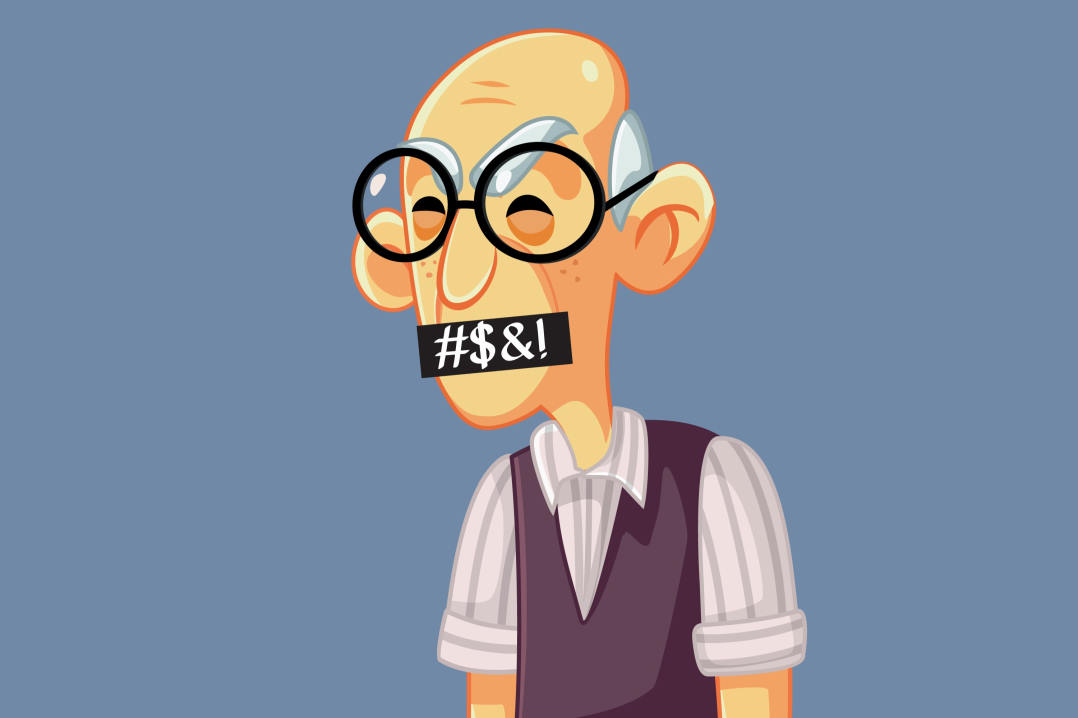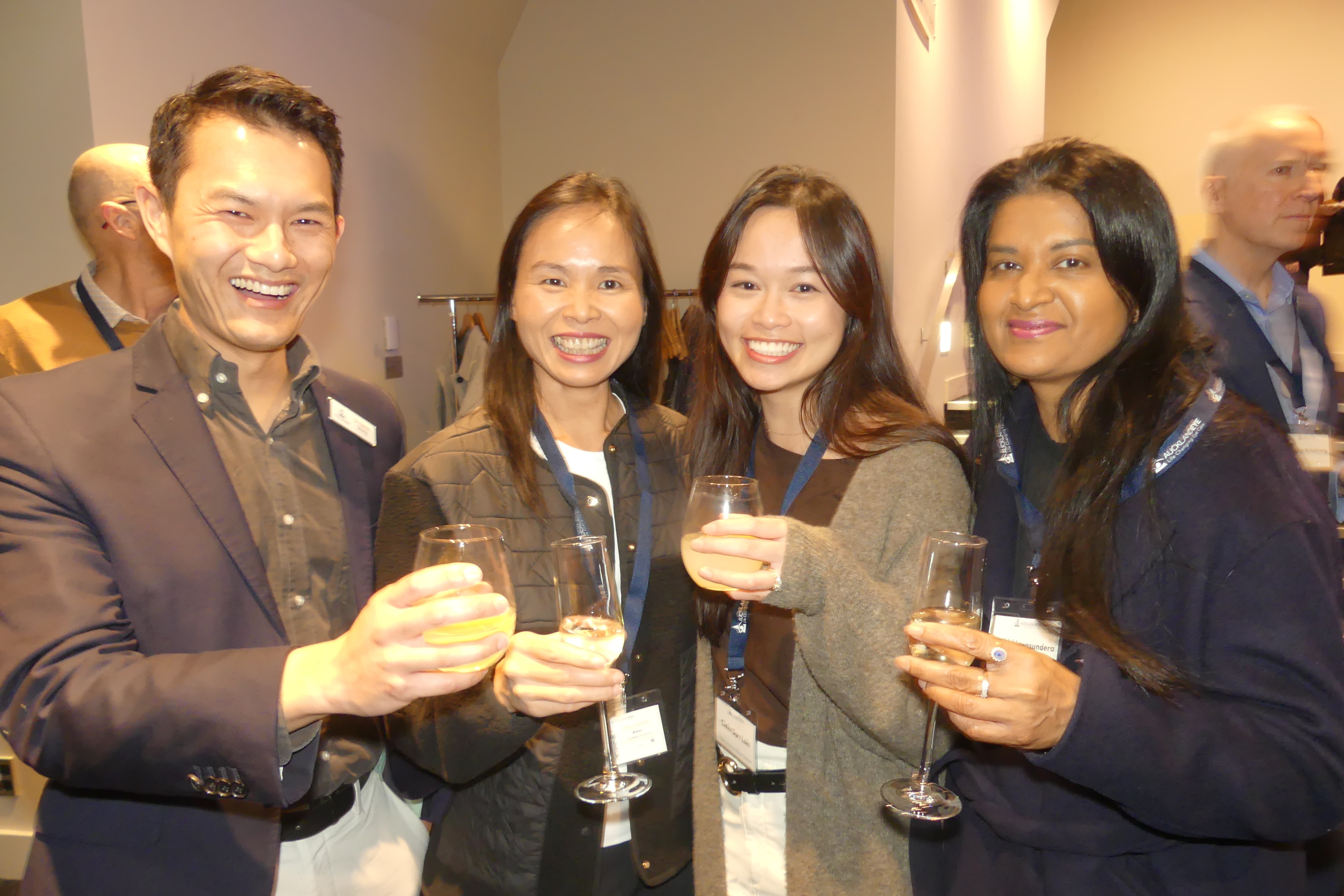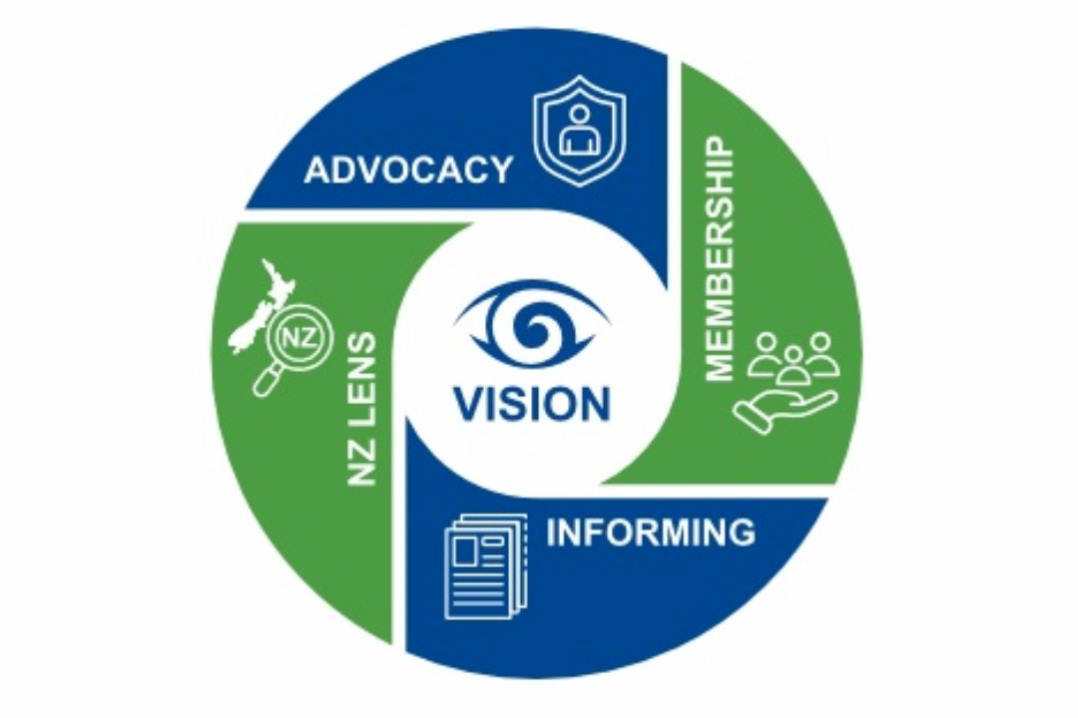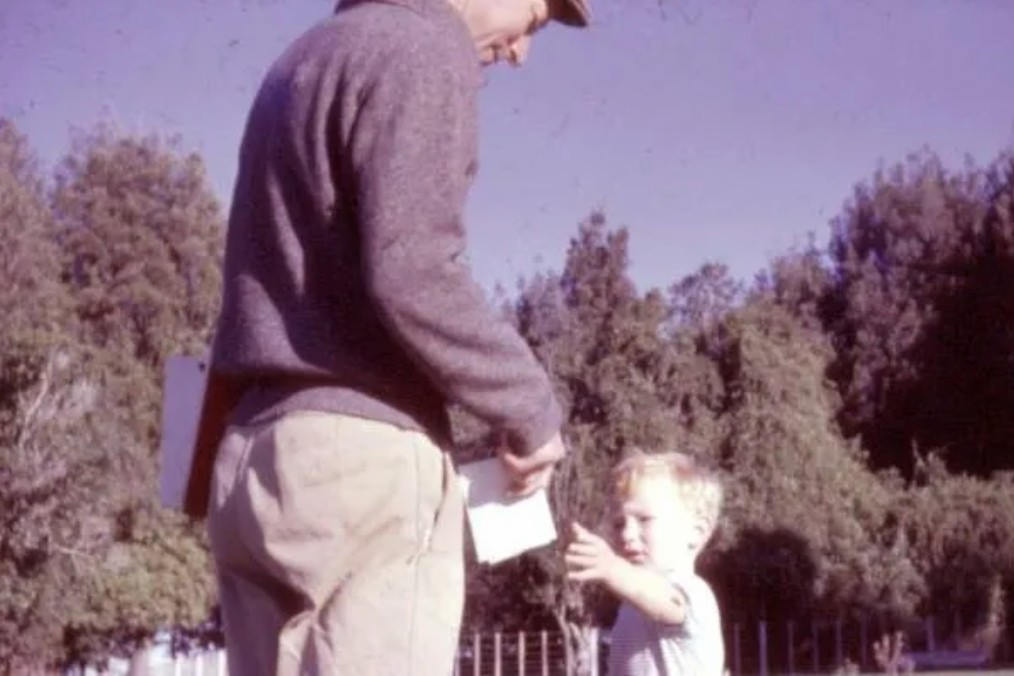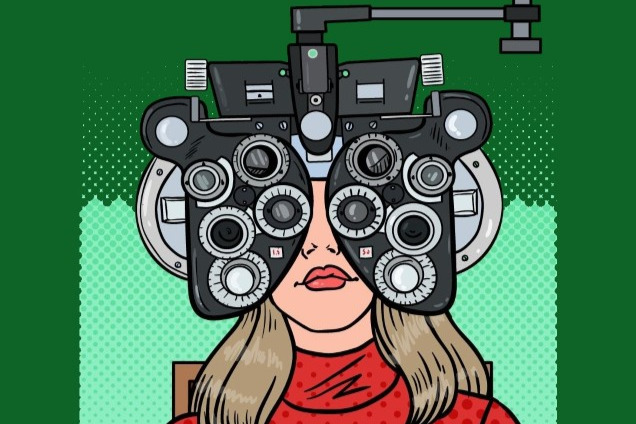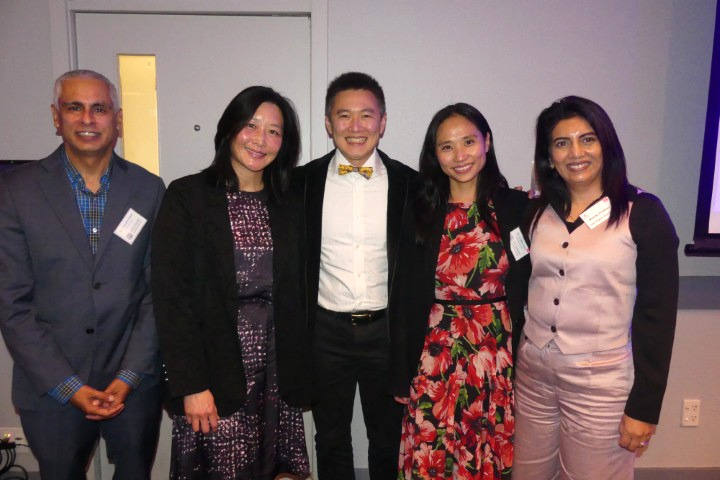Chalkeyes presents: What we earn, what we get and what we need!
In our village there has been a sign in the hair salon window for a long while now: ‘Senior stylist wanted’. The first one was printed off in the usual fashion on an A4 sheet of paper and taped up in the window. The next one was also on A4, but in bolder type. Since then, the posters have been getting steadily bigger and the type larger and heavier. The most recent one went up this week and it’s almost bigger than the name above the salon. Will they find their cutter?
The anxious salon is not by any means the only business in this nation having this issue. A closed border is doubtless part of the problem, but there’s also another aspect getting steadily more attention and that’s the phenomenon being labelled ‘The Great Resignation’. From New York to London, the story’s the same: people by the millions are either leaving for a new job or just walking out with no plans at all, quitting.
What’s going on here?
It figures that people will become more mobile if they find their opportunities widening as the pandemic thins the ranks of the workforce and they find their services in higher demand. It also figures that someone might just up and quit, because the upheaval and uncertainty of a pandemic will surely prompt an unhappy person to take a look around and ask: just what am I doing in this job and do I really want to be here?
Is something like The Great Resignation also going on here, in our own country? Could that be part of the reason so many people are having trouble finding staff? It very possibly has more to do with the closed border than existential malaise. But on the other hand our Protestant ethic for diligence and hard work has often appeared, in recent times, to be mutating into something less healthy: work, more work and ever more work in the name of productivity. Is that really how we want to be?
Most everyone, if you ask them, will say they’re working as hard as they can: the small business owner living on whatever is left after all the rent and wages and bills are paid; the employees of that same owner putting in the long hard hours with a pleasant smile while they fret about what’s happening at home; the mother doing the cleaning job for minimum wage deep into the night; everyone who puts in endless stressful slog and feels unseen, unappreciated.
Is that how we want to be? One thing seems beyond question and that is: there has to be a fair share on the table for everyone. But a young person looking at the ludicrously difficult challenge of making enough money to ever afford a house and the amount of work employers will expect for the compensation they’re offering might well ask: what am I doing in this job and do I really want to be here?
And beyond that, among the better paid jobs, how much better and freer do things get?
Let's say you have your shiny new car, your thoroughly decent salary and your four weeks’ holiday, and your iPhone that rings day and night, the lanyard yoked around your neck, the office politics that seem to get more toxic with each Monday meeting, the vague cloud of misery that sent you back to the doctor last week for more Prozac and a mortgage with plenty of zeroes. How free, exactly, are you?
David Graeber, the anthropologist, author and anarchist, said, “If Plato or Aristotle were alive today… they’d probably see most Americans as slaves.”
You’re not being flogged; you’re not in chains, but look around your office – if you didn’t need the money, is this what you would be doing all day? And if even if it is, let’s return to that question of how much is on the table and how it’s being shared.
On we go working harder and harder and pushing up productivity. But when that productivity brings down the cost of production, where does the gain go? Into many hands, or few?
This is not to deny the toil and risk of every employer who ever took a deep breath and went into business. They deserve their reward. But more than that, always more than that, we all need each other.
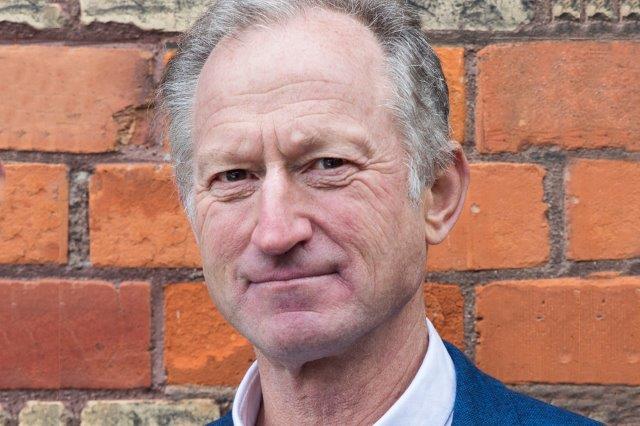
David Slack is an Auckland-based author, radio and TV commentator and speechwriter, and a regular columnist for NZ Optics.









